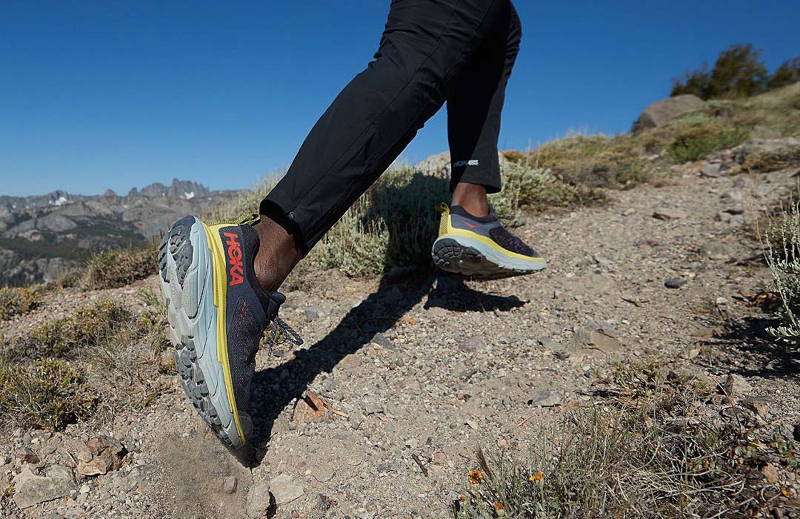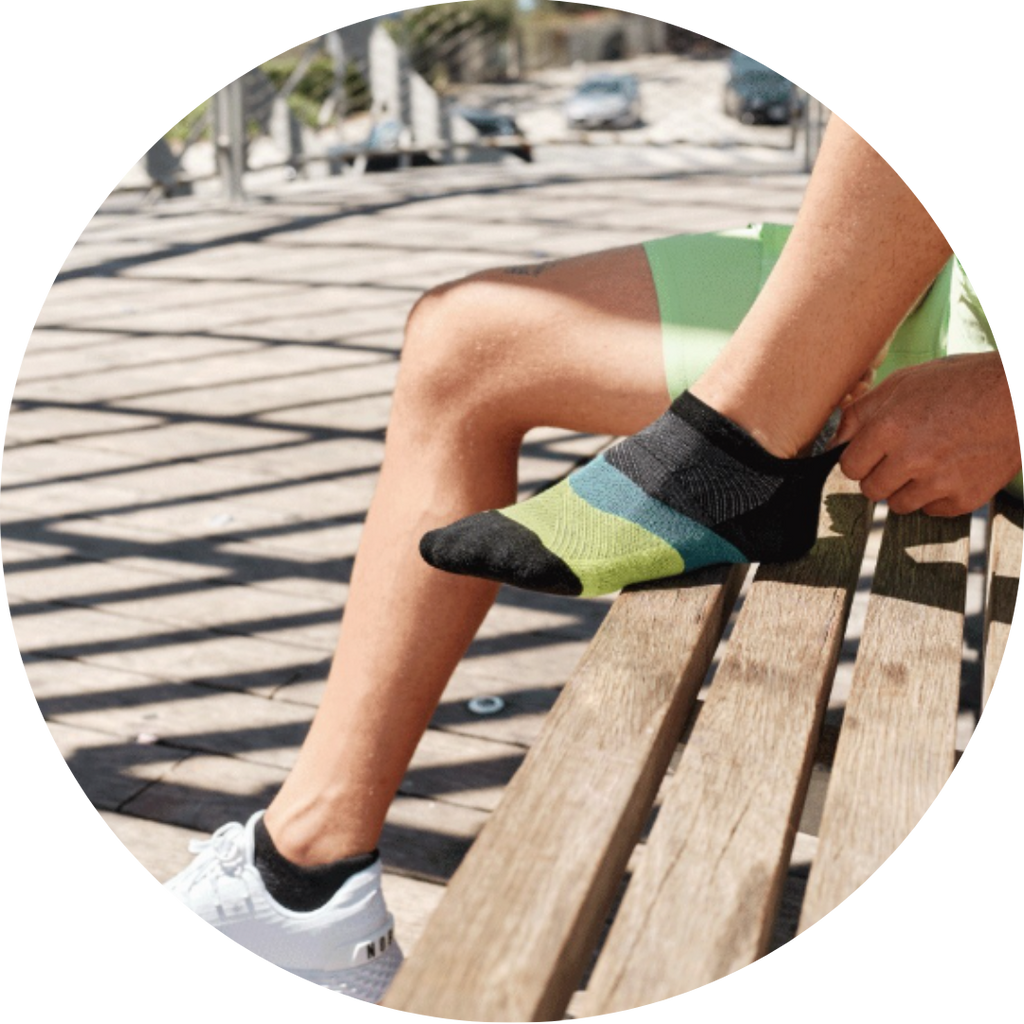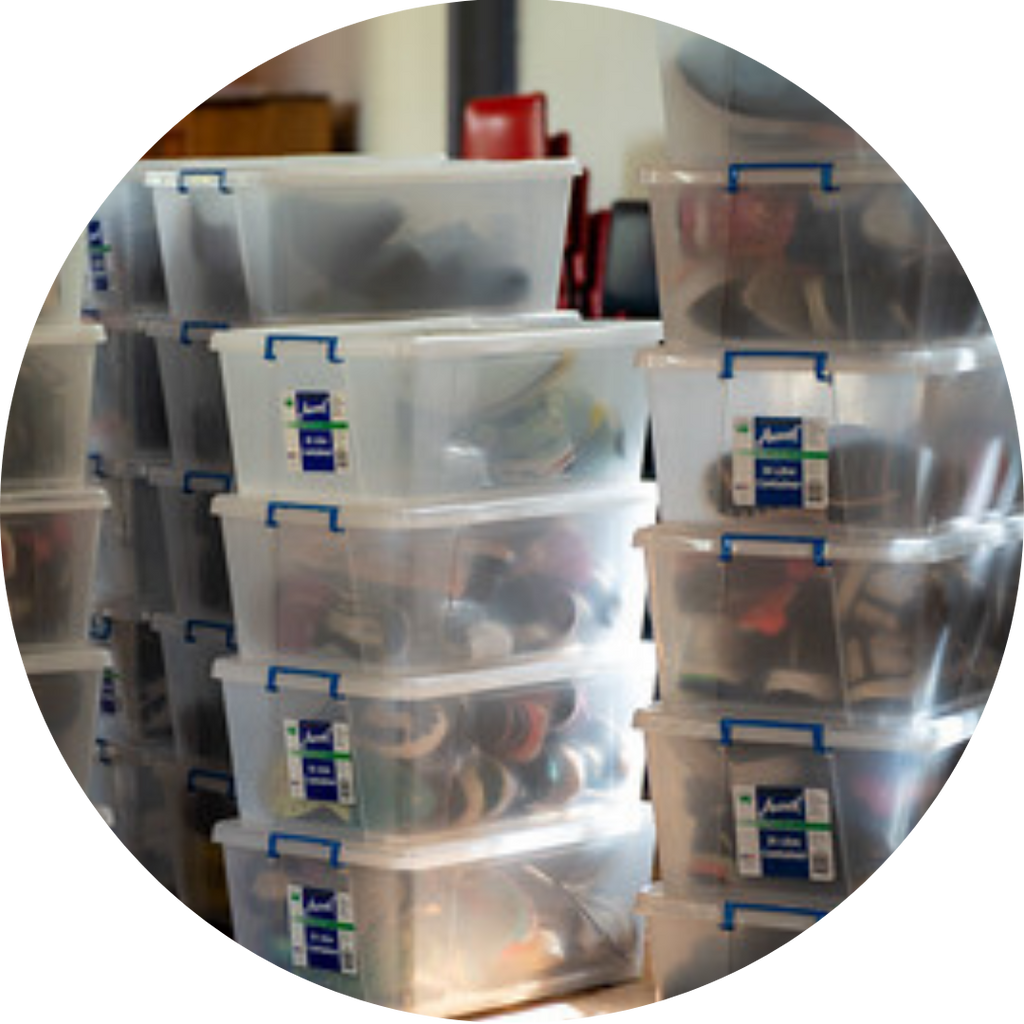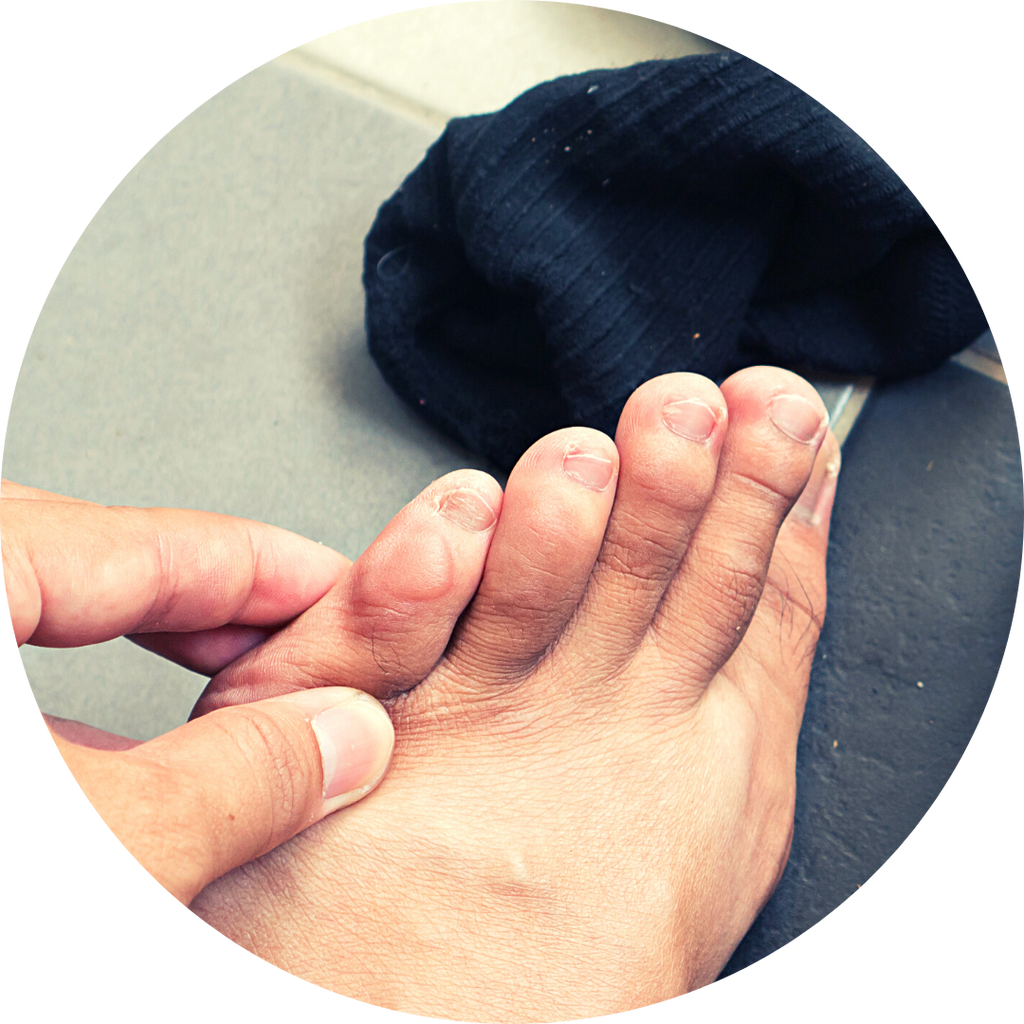Get ready for a new Marathon!
Melbourne Marathon – What distance is right for you?
Melbourne Marathon is coming soon and you might be starting to ask yourself what distance should (or can) I do this year? Whether this is the first year you’re thinking of tackling the event or you’re a seasoned veteran of the Melbourne Marathon Festival; every year brings new challenges or motivations. This short guide will aim to give you some helpful tips to help make your decision easier when it comes time to picking one of the five distances and signing up.
3 Km Walk
The 3km Walk is the event for everyone no matter how young or old and is the perfect event to introduce newcomers to a big running set up like the Melbourne Marathon Festival that will not leave them feeling overwhelmed or like they don’t belong.
A great distance for the entire family to participate in together or people who are looking for some new sights for their usual Sunday morning walk. The highlight of the event is getting to finish on the hallowed turf of the MCG and collecting your finishers medal. The event is a walking only event as the name suggests so if you feel the need for speed you might like to look at the 5km race and beyond.

5 Km Run
In the 5km race you’ll find everyone from people running their first ever race to those racing the clock trying to get their PB down to 20 minutes and under. If it’s your first time racing this event is perfect to line up with a couch to 5km style running program with the event serving as both motivation throughout the program and a fantastic reward to top it off, and don’t be worried if you need to take a little walk throughout there will be plenty of others catching their breath alongside you!
Maybe you’ve been running for a few months now and want to test your new found fitness against the clock or your friends? The 5km race provides the perfect opportunity to let those legs loose and push your limits without the need to train endlessly throughout the lead up to the event.

10 Km Run
So, you’ve run a couple of 5km events now and feel like you need a new challenge or maybe you have never completed a race before but are feeling confident and want to push yourself right from the get go? The double digits of the 10km race certainly have a nice ring to them all of a sudden. Whether the 10km distance is your end goal or if it’s just another stepping stone to long distance running it has a great appeal to runners of all abilities.
The 10km race is still an event that many people will find achievable without the need to completely change their lifestyle around their training, although you definitely want to tackle this event with some training under your belt. If you have been running 5km without stopping or running it with relative ease while being able to hold a conversation then the 10km should be in your sights this year.

Half Marathon (21.1km)
The Half Marathon is where things start to get really serious! Most people will begin to follow training plans to ensure they are getting the KMs in their legs leading up to the events, they might start blocking out a morning on their weekend to get that long run in each week and they may even consider introducing different nutritional strategies into the planning whether it be pre, during or post runs. If you’re up a for challenge and think you can squeeze in the additional training required the Half Marathon will be right up your alley.
Most 10-14 week running programs for a half marathon will begin with 3 runs per week of around 5km so ideally you would already be running those distances consistently to ensure you do not increase your running load too quickly and risk injury.

Marathon (42.2km)
The BIG one! If you’re an experienced runner with a couple of half marathons under your belt or you’ve always had the urge to challenge yourself mentally and physically the Marathon is for you. This event is no walk in the park (even when it winds around the lake at Albert Park) so be prepared to commit some serious time and sweat in the lead up to this distance.
Training programs for a full Marathon will have you running around 70+kms per week at their peak so this is something to be tackled only when you can give the training the time and respect it deserves otherwise “the wall” will hit you hard and early on race day.



Neville Gardner’s Top Tips for running a Marathon
Meet Neville Gardner. Neville is a long-standing friend of Active Feet and Spartan legend. He has completed all 45 Melbourne Marathons. We caught up with Neville to find out his top tips for running a marathon.
Neville hasn’t let anything stop him, not even an Achilles operation, hip replacement and a foot injury in 2016 that almost prevented him from finishing the marathon. We are proud to have been part of his marathon journey and have fitted him in the perfect runners for his Melbourne Marathons.
• Listen to your body. Don’t be afraid to have a rest day. Try to go on a short walk, cross train by cycling, swim in a heated pool or book in for a leg massage.
• Practice your water station technique. Set up a practice water station using a card table and small plastic cups filled with water or sports drink. Position yourself carefully 200m out and avoid spills on your body and shoes. Slow down.
• Set the clock. Practice early runs at the same time as the race starts to set your body clock. Time yourself on a one hour tempo time trail at an athletic track to establish what kilometre pace you can run.
• Know the drill. Check the race day details. Note the start time, course, drink stations, medical stations, toilet locations, transport and parking, arrangements on race day and label your clothing bag. Make sure your race number has arrived if you have entered online.
• Keep calm and enjoy the experience. Relax and enjoy the day. You have done the hard work and now it is time to be rewarded. Eat a light breakfast. Allow plenty of time for parking, transport and walking to the event. Start running slowly.
• Take breaks. Do not be afraid to walk, drink, eat and stretch. Small recoveries can help on the day and to your overall recovery.
• Reward yourself. Very important to look after yourself post run. Hydrate gradually (no alcohol) and refuel on carbohydrates. Do not run or jog for at least 3-4 days after the marathon. You can walk each day and have spa baths to soothe your aching muscles.
We understand the injury history of our customers, their individual biomechanics and use this help them into the right shoe to support them and their goals. Come in to one of our four Active Feet stores today for your free gait analysis and expert fitting.
The Active Feet Difference
At Active Feet we are about more than just shoes – we are about complete footwear solutions. Our highly-trained team provide FREE in store industry leading video gate-analysis, so you can be sure you are fitted in the right shoe for you. We offer a wide range of the best brands at competitive prices. Including orthotic friendly, sports specific, varied widths, specialty styles and accessories.
The Active Feet Difference
At Active Feet we are about more than just shoes – we are about complete footwear solutions. Our highly-trained team provide FREE in store industry leading video gate-analysis, so you can be sure you are fitted in the right shoe for you. We offer a wide range of the best brands at competitive prices. Including orthotic friendly, sports specific, varied widths, specialty styles and accessories.


